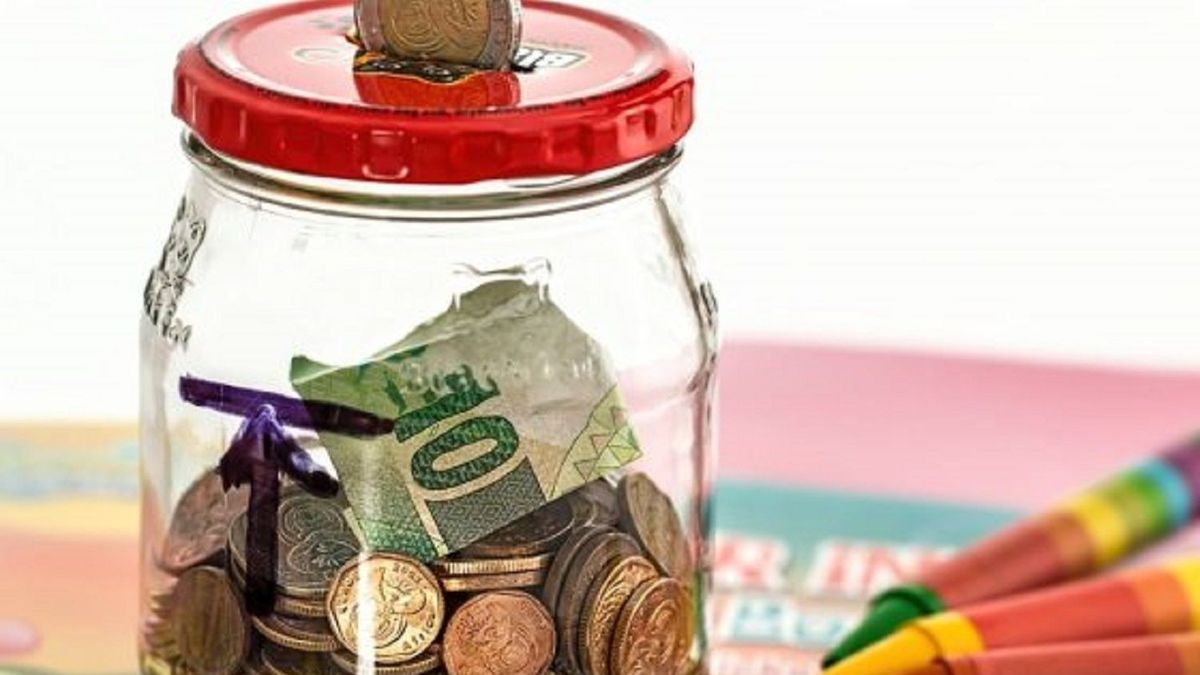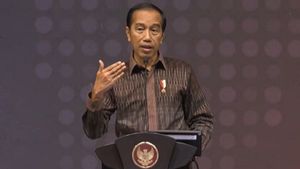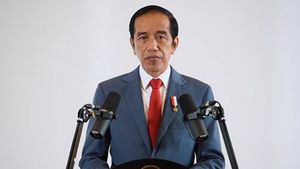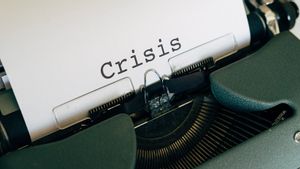YOGYAKARTA – One of the things that must be prepared to face an economic recession is an ideal emergency fund.
Based on a survey conducted by the Organization for Economic Cooperation and Development (OECD), almost half of Indonesia's population (46 percent) can only survive for a week in the event of a crisis.
While 18 people were able to survive one month, 5.8 percent were able to survive three months, and 8.6 percent were strong enough to survive more than six months. The rest, as much as 21.6 percent said they did not know.
The results of this survey are published in the OECD/INFE 2020 International Survey of Adult Financial Literacy report, as quoted by VOI from the official website of the Ministry of Finance, Wednesday, October 19, 2002.
Reflecting on the above, one must have an emergency fund in order to survive in the midst of an uncertain situation due to the recession.
The emergency fund is
An emergency fund is a savings account that can be used to cover expenses when someone hits a difficult economic situation.
Based on the financial planning pyramid, emergency funds are at the bottom, aka fundamentals. The existence of an ideal emergency fund can be a person's first cushion when the necessities of life increase, while income decreases.
How to Calculate the Ideal Emergency Fund

The amount of emergency funds that must be prepared varies from person to person, because it must be adjusted to the conditions and number of dependents of each.
The following is the calculation of the ideal emergency fund for women / men, bitches and those who are married:
- Single: 3-4 times regular monthly expenses. The assumption is, if you have no income, you can still survive without reducing the size of your lifestyle for the next 3 to 4 months.
- Married without children: 6 times the regular monthly expenses.
- Married, child (dependent) 1 person: 9 times the monthly routine expenses.
- Married, children (dependents) 2 people: 12 times the monthly routine expenses.
That is the amount of emergency funds that must be prepared to deal with the economic crisis. Unfortunately, these funds cannot come suddenly, there needs to be preparations to ensure that they can be as needed. So, how do you set up an emergency fund?
Tips for Collecting the Ideal Emergency Fund
Here are some tips for raising the ideal emergency fund so that you can survive even in difficult conditions due to a prolonged crisis:
- Check Financial Condition
Building the ideal emergency fund takes a long time. The first thing you can do to prepare an emergency fund is to check your financial condition, such as:
- Income: increase or decrease? How much is it adding or subtracting?
- Expenses: compare your expenses with previous months
- Debt installments: are installment payments still smooth? Do you think you will have difficulty in the future to be able to repay on time?
- Insurance: is your insurance safe and premiums well paid?
- Billing: are there any problems with the current condition?
By checking your financial condition, you will get an idea of how healthy and financially strong you are.
- Prepare Gradually
As mentioned above, emergency funds cannot appear suddenly. You need time to prepare an ideal emergency fund.
If there is extra income, allocate more to this emergency fund account. No need to worry about the number increasing little by little. As long as it is consistent, the ideal emergency fund target will definitely be achieved.
- Create a Special Account for Emergency Fund
Accounts used to store emergency funds must be separated from daily shopping accounts so that emergency funds are not disrupted.
In addition, you are also advised to put your emergency funds in liquid investment instruments, in addition to bank accounts, such as deposits, money market mutual funds, or precious metals.
When these investment instruments have different characters, so you need to allocate carefully, what percentage of each.
- Setting aside a Monthly Salary for an Emergency Fund
Set aside a month's salary for an emergency fund and deposit it in the bank at the beginning of the month. If it turns out that there is money left over from spending, it's a good idea to immediately allocate it to a special emergency fund account.
That's how to set up an ideal emergency fund for a recession. May be useful!
SEE ALSO:
The English, Chinese, Japanese, Arabic, and French versions are automatically generated by the AI. So there may still be inaccuracies in translating, please always see Indonesian as our main language. (system supported by DigitalSiber.id)
















